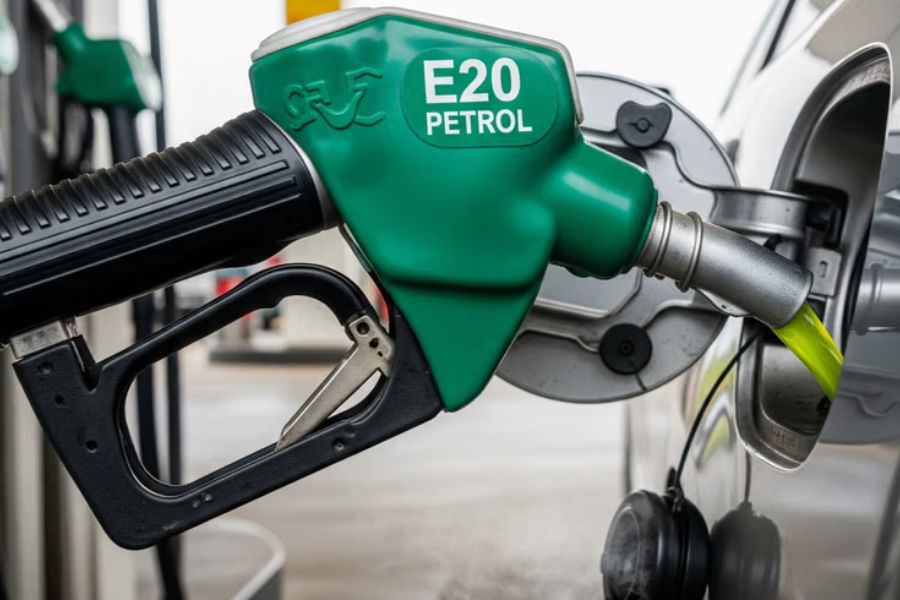In a significant policy reversal, the Delhi government has paused its recently enforced fuel sale ban on older vehicles—specifically, petrol cars over 15 years old and diesel vehicles older than 10 years. The move comes just days after its rollout, following widespread operational hiccups and mounting public criticism.
What Was the Ban?
Implemented on July 1, the directive sought to curb air pollution by restricting fuel sales to vehicles classified as “end-of-life.” To enforce this, over 350 fuel stations across Delhi-NCR were outfitted with AI-powered Automatic Number Plate Recognition (ANPR) cameras and speaker systems designed to identify and alert fuel attendants about non-compliant vehicles. Some South Delhi pumps even had enforcement officers stationed on site to seize vehicles violating the rule.
Why the Sudden U-Turn?
The system hit several roadblocks almost immediately. According to Delhi Environment Minister Sardar Majinder Singh Sirsa, many ANPR cameras failed to function correctly due to technological glitches, improper installation, and issues with sensor calibration and speaker systems.
Moreover, the measure was limited to Delhi, while adjacent districts such as Gurugram, Faridabad, and Ghaziabad remained unaffected. This disparity allowed vehicle owners to circumvent the ban by simply refueling outside the capital—creating potential for an underground fuel trade.
“It is not feasible to implement this order at this juncture,” said Sirsa in a letter to the Commission for Air Quality Management (CAQM). “Immediate enforcement may be premature and even counterproductive.”
Next Steps and Timeline
The ban has now been officially deferred until the ANPR system is operational across the entire NCR region. The government is targeting November 1, 2025 as the new rollout date, by which time surveillance infrastructure in surrounding districts is expected to be in place.
Rethinking the Policy
Interestingly, Minister Sirsa hinted at a shift in approach going forward. Instead of a blanket age-based ban, the government is now exploring emissions-based assessments for evaluating whether a vehicle should be taken off the road. This signals a potential policy departure from the existing 2018 Supreme Court ruling, which prohibits petrol vehicles over 15 years old and diesel vehicles over 10 years from plying in Delhi, regardless of their condition or emission levels.
Public Frustration Mounts
The current policy has long irked private owners—particularly diesel car buyers—who are forced to retire their vehicles after 10 years despite paying 15 years’ worth of registration tax. The temporary pause in the fuel ban is being seen as a small but meaningful concession, though the issue is far from resolved.
As Delhi continues its battle against air pollution, the city’s leadership now finds itself at a crossroads—balancing environmental concerns with technological readiness, inter-district coordination, and public practicality. Whether the fuel ban returns in November as planned, or takes a different shape entirely, remains to be seen.
Read More:




